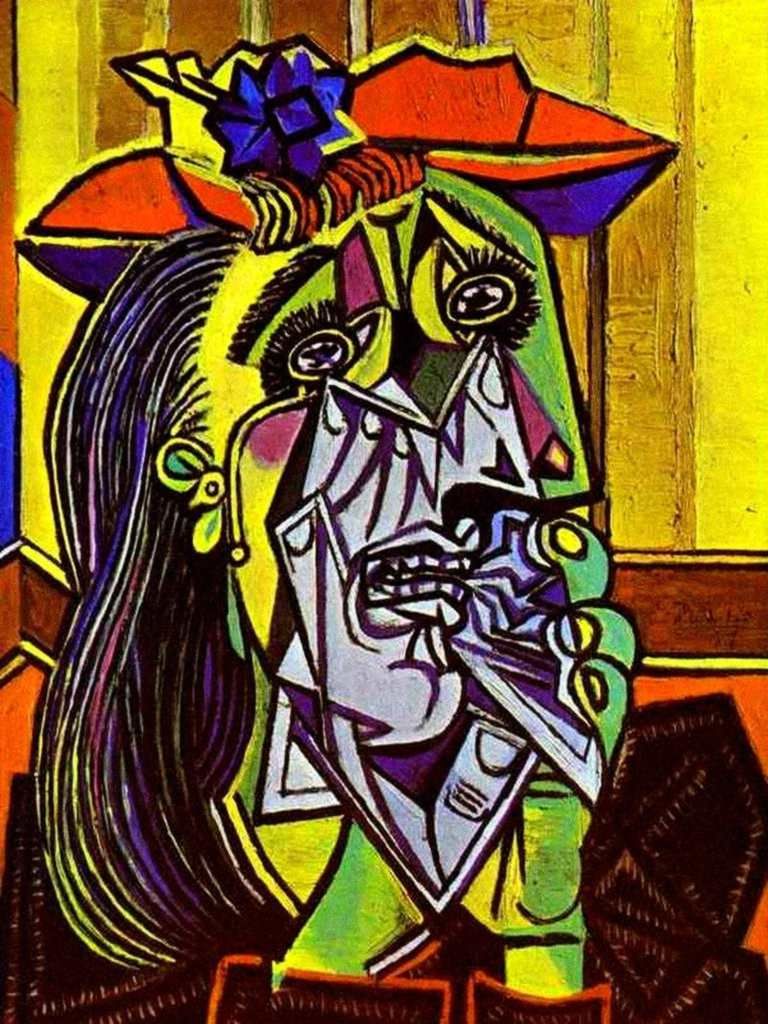The Vulnerable State: Appraising the Ambivalent Economies of State Power
This project explores the ambivalent and shifting governance of socially marginalised groups in the criminal and administrative justice domains. Alongside the punitive discourses and practices that have long dominated the governance of marginalised groups in England (and elsewhere), in the last decades we can also observe an emphasis on safeguarding and care emerging in various areas of law and public policy. While the former orientation focuses on danger, blame and punishment (the ‘punitive turn’), the latter stresses vulnerability, empathy and protection (the ‘humanitarian turn’).

‘The Vulnerable State’ aims to trace how these apparently competing logics, values and affects frame the discourses, policies and practices implicated in the contemporary governance of the socially marginalised. While they have been studied in isolation, we argue that these trends need to be conceptualised together, as a humanitarian-punitive complex. Their interrelation is especially evident in two areas of public policy: the criminal and the administrative/asylum justice systems. The growing concern about criminal exploitation has rekindled attention in criminal justice towards identifying and protecting ‘vulnerable’ individuals (either as victims or offenders, and often as both through emphasis on trauma informed practices). Meanwhile, in the administrative domain, which has been traditionally oriented towards social care and welfare, an opposite trend is apparent. Particularly in the context of asylum, the language of abuse and security threats has legitimised policies and practices aimed at restricting access to humanitarian protection.
The project will study this complex as critical manifestations of dilemmas in the exercise of state power in a globalised, unequal world, and of the state's own vulnerabilities. It empirically examines these moral and emotional dilemmas through the everyday work of frontline officers. Methodologically, it reconceptualises the study of the state, from the bottom up. Conceptually, it advances a new theory of the state which places moral sentiments and emotions at the heart of its analysis. The examination of the worlds of officers on the ground will provide an insight into this intimate, unexplored facet of the state and on the burdens, dilemmas and complexities involved in the task of embodying the state at its most relational level.
The lens of vulnerability provides a vantage point to critique state power while offering key insights on collective experiences that mobilise solidarity and empathy, and emerge out of the necessities of everyday life. Drawing on critical, feminist and postcolonial theories, this project will provide the foundations for reimagining the state as a field to facilitate humanitarian praxis.
Pablo Picasso, Image © bluesurfart.comLink opens in a new window
Project Team

- Principal Investigator: Professor Ana Aliverti Link opens in a new window(Law)
- Co-Investigators: Dr Anastasia ChamberlenLink opens in a new window (Sociology) and Dr Henrique CarvalhoLink opens in a new window (Law)
- PhD researchers: Belinda RawsonLink opens in a new window and Puja-Arti PatelLink opens in a new window
- Research Assistant: Daniel Woodward
Project funded by Leverhulme TrustLink opens in a new window

Steering Committee
The project benefits from the expertise of a Steering Board made of academics and practitioners. See the members who belong to the Board.

Follow Us
See what we are up to by following us on Twitter, for latest announcements and news on the project and more:
@StateVulnerableLink opens in a new window

News and Outcomes
Updates and information regarding research seminars, events, news and vacancies, as the project unfolds.
